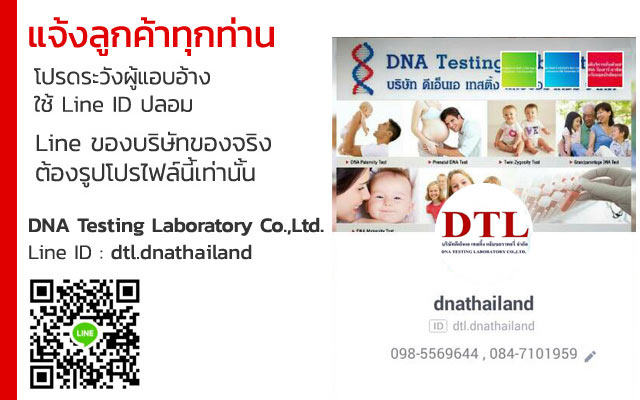Siblingship TestA siblingship test determines if two or more individuals are half siblings or full siblings. This test is often used to confirm biological relationships among adoptees and siblings. It can also be used to infer paternity in cases where the alleged father is unavailable for testing. There are two different types of siblingship tests:
The full siblingship test is performed when two siblings have a common parent (usually the mother). The test will determine whether or not the siblings also share the same father, and are therefore full siblings.
The half siblingship test determines whether or not two individuals share one parent, and are therefore half siblings. For example, those tested may have different mothers, but suspect they may have the same father. Both tests may also be used to test biological relationships in adoption reunification situations. The mother’s involvement will provide a greater chance of achieving a conclusive result, therefore, we encourage the mother(s) of the alleged siblings to be tested.
Siblingship tests are not conclusive. Although DNA testing is highly informative, this method of testing can never be conclusive as actually testing the alleged parent’s DNA.
Comparing DNA profiles can provide a strong indication of a sibling relationship. However, it will not always reveal the true nature of the relationship because of the patterns of DNA inheritance. It is possible, for example, for two individuals to have the same parents and only share a small number of their DNA markers. A sibling test can therefore only conclude which is the most likely relationship given the DNA evidence. The results from this test will provide a statistical likelihood of whether two individuals are true biological relatives, but sibling analysis cannot provide a conclusive result. If any of the parents of the siblings who are being assessed are available for testing, it is advised that they should also be tested as this will aid the analysis and may increase the certainty of the result.


